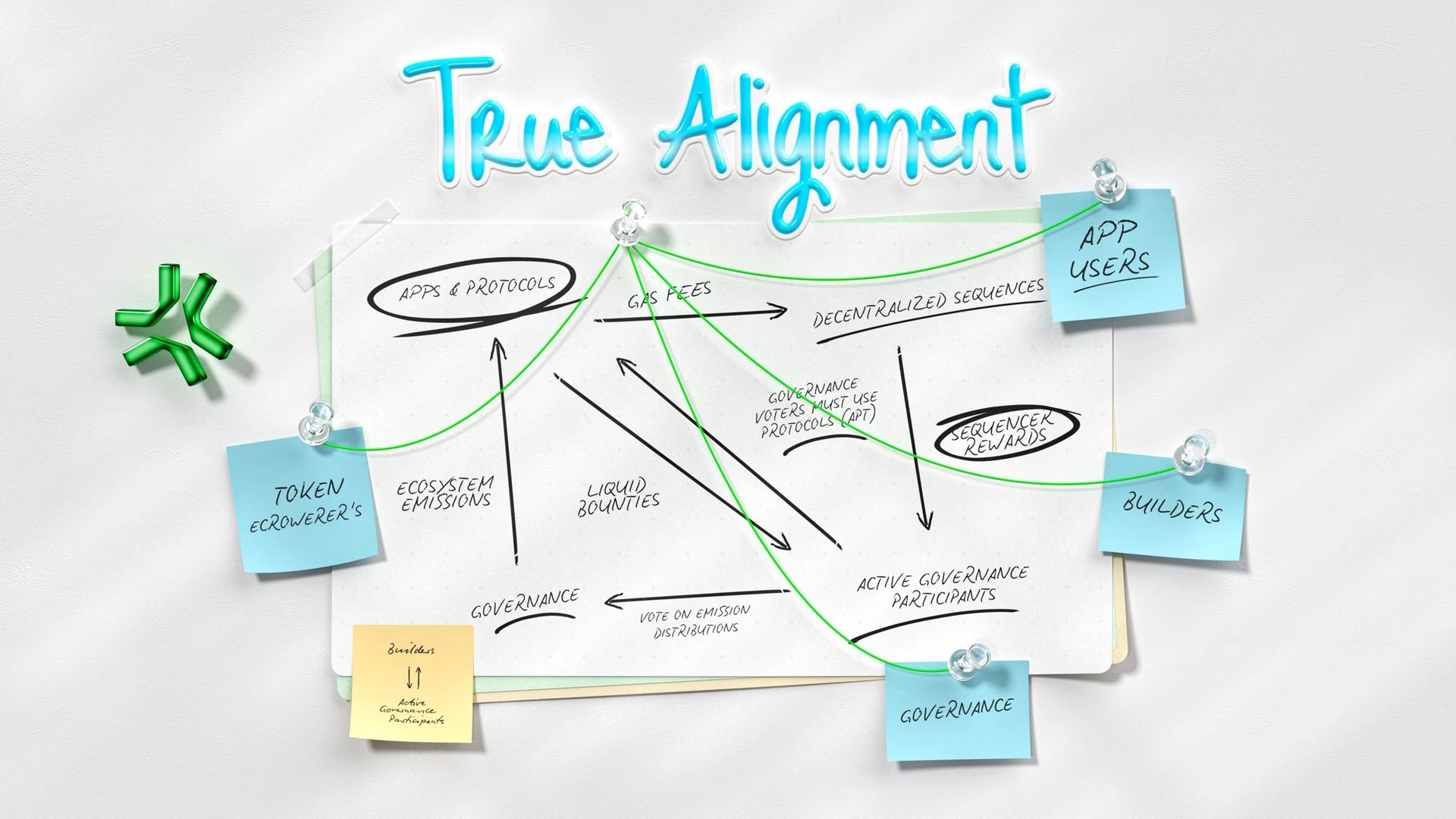Subscribe to wiki
Share wiki
Bookmark
Abstract
The Agent Tokenization Platform (ATP):Build autonomous agents with the Agent Development Kit (ADK)
0%
Abstract
Abstract is a Layer 2 blockchain on Ethereum that aims to support consumer-focused blockchain applications by providing secure, efficient transactions and lower fees.[1][2]
Overview
Abstract is a Layer 2 network built on Ethereum, designed to provide a secure platform for consumer-oriented blockchain applications with low fees and fast transaction speeds. It utilizes zero-knowledge (ZK) rollup technology to achieve scalability by executing transactions off-chain, batching them, and verifying these batches on Ethereum using ZK proofs. Abstract aims to enhance the user experience through seamless onboarding, improved app discoverability, and a cohesive ecosystem.
It is developed through collaboration between Cube Labs, the Pudgy Penguins team, and Frame. Co-invented by blockchain entrepreneurs Michael Lee, Luca Netz, and Lorenzo Melendez, Abstract is engineered by web3 developers Cygaar, 0xbeans, and stinkypablo. The network emphasizes community and cultural relevance, seeking to bridge the gap between cryptocurrency and mainstream adoption. By prioritizing user-friendly experiences and leveraging cutting-edge ZK cryptography, Abstract plans to create an accessible environment for a broader audience, while being fully EVM-compatible to facilitate the integration of existing Ethereum applications.[1][3][4][14][15]
Products
Panoramic Governance
Abstract Chain features Panoramic Governance (PG), a mechanism designed to align the interests of users, applications, and chain operators. PG addresses the misalignment often found in Layer 2 blockchains through two interconnected systems: one that rewards governance participants and another that incentivizes app builders.
The first system aims to distribute sequencer fees to governance participants based on user engagement, while the second allows them to allocate token emissions to applications that provide value. PG seeks to enhance collaboration within the ecosystem and applies to any L2 blockchain incorporating a governance token and sequencing capabilities.[10][11]

Abstract Global Wallet
Abstract Chain offers the Abstract Global Wallet (AGW), which aims to facilitate cross-application interaction through native account abstraction. Users can create an account using methods such as email or social accounts.
The AGW creation process involves generating an externally owned account (EOA) during sign-up, followed by deploying a smart contract wallet that includes the EOA as an authorized signer. Key features include support for multiple signers, account recovery options, and transaction fee sponsorship. The wallet employs Shamir’s Secret Sharing, requiring two out of three key shards for access, thereby aiming to enhance security and flexibility within the ecosystem.[12][13]
Architecture
Layer 2
Abstract Chain functions as a Layer 2 blockchain on Ethereum, aiming to improve transaction speed and reduce costs by leveraging Ethereum’s security framework. As a ZK Rollup built with the ZK Stack, it batches and verifies transactions on Ethereum using zero-knowledge proofs, which seeks to enhance efficiency while maintaining security.[5]
Transaction Lifecycle
Abstract Chain processes transactions in four phases, utilizing off-chain components and smart contracts on Layer 1 (L1) and Layer 2 (L2) to ensure security:
- Execution: The transaction is executed, and the sequencer aims to create a batch.
- Commitment: Batches are committed to Ethereum as a state diff through the commitBatches function.
- Validation: A zero-knowledge proof is generated off-chain and aims to be verified on the L1 rollup contract.
- Finalization: The state is finalized on Ethereum by executing the executeBatches function, which saves the Merkle tree with L2 logs.[6]
Sequencer
The sequencer in Abstract aims to manage Layer 2 transactions by receiving, processing, and organizing them into batches for submission to Ethereum. It features an RPC that provides an API for client interactions through HTTP and WebSocket for real-time updates.
Furthermore, the ETH Operator monitors Layer 1 for events and batches multiple Layer 2 transactions for dispatch to Layer 1, ensuring secure and efficient processing.[7]
Prover and Verifier
The prover and verifier components of Abstract use zero-knowledge (ZK) proofs to validate transaction batches. An off-chain prover generates a ZK proof, which is then verified by an on-chain verifier in the Layer 1 (L1) rollup contract.
The process includes collecting witness data, executing circuits to create the proof, and compressing it into a ZK-SNARK for efficient verification on Ethereum. This ensures transaction validity while leveraging Ethereum's security.[8]
L1 Rollup Contracts
The L1 rollup contracts of Abstract Chain consist of smart contracts deployed on Ethereum that aim to secure and verify the state of the Layer 2 (L2) network. They inherit Ethereum's security properties by storing state diffs, verifying validity proofs submitted by the L2, and facilitating communication between Layer 1 and Layer 2 for cross-chain messaging and bridging.[9]
Funding
In July 2024, Igloo Inc., the parent company of Pudgy Penguins, secured over $11 million in funding, primarily from Founders Fund, with additional contributions from Fenbushi Capital, 1kx, Everest Ventures Group, and Selini Capital. This funding aims to support the establishment of Cube Labs, which will focus on blockchain research and development, especially Abstract.[14]
Partnerships
Abstract x Pyth
Abstract aims to integrate with Pyth Network to supply real-time financial market data for its decentralized finance (DeFi) applications. This partnership is intended to improve the accuracy and security of pricing information for more than 500 assets within protocols on Abstract, contributing to the functionality of its ecosystem.[16]
Abstract x Quicknode
Abstract integrates with QuickNode to establish a stable and scalable blockchain infrastructure. This collaboration seeks to improve the performance and reliability of applications on the Abstract platform.[17]
Abstract x Reservoir
Abstract aims to collaborate with Reservoir and its Relay Protocol to facilitate low-cost, instant bridging and swapping. This partnership also seeks to aggregate NFT liquidity and marketplaces, which may enhance user access to NFT resources.[18]
Abstract x Dune
Abstract seeks to integrate with Dune Analytics to offer real-time, customizable insights into on-chain activity, which may assist developers and users in visualizing and analyzing data within the platform.[19]
Abstract x Goldsky
Abstract aims to integrate with Goldsky to enhance data indexing, which will facilitate efficient querying of blockchain data and support the development of advanced applications.[20]
See something wrong?
The Agent Tokenization Platform (ATP):Build autonomous agents with the Agent Development Kit (ADK)
